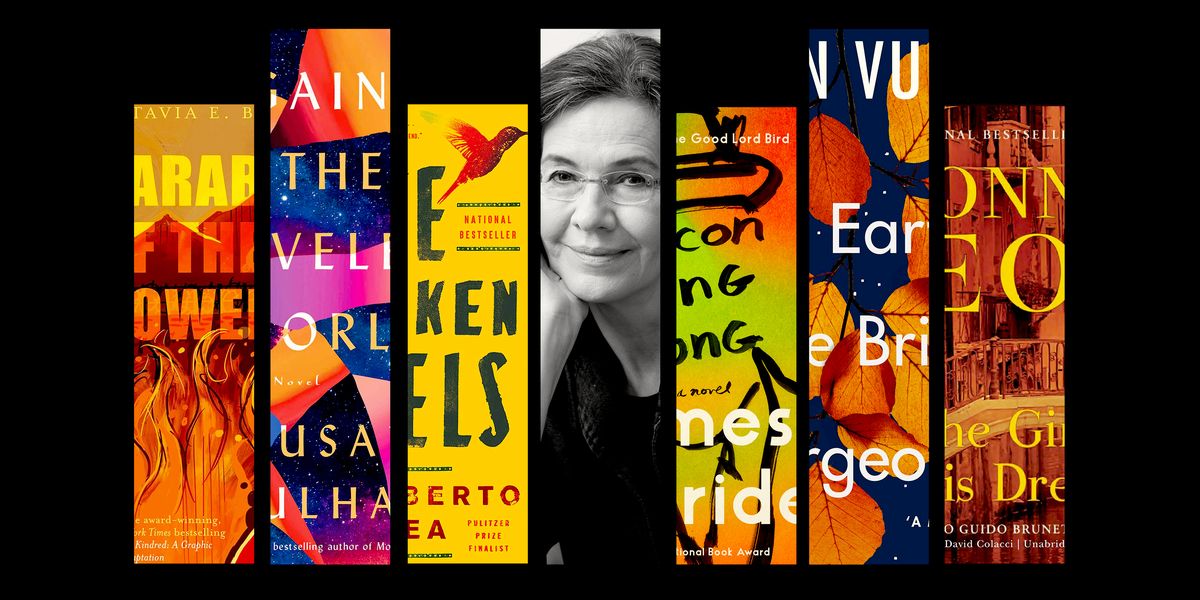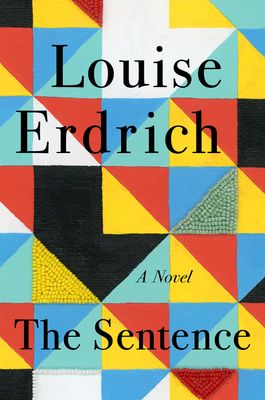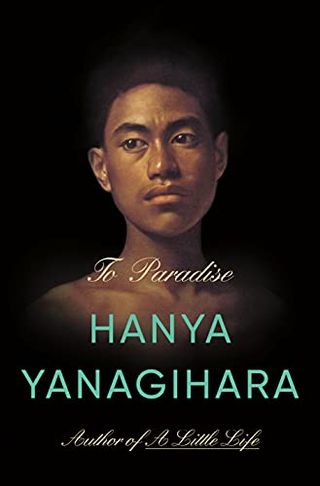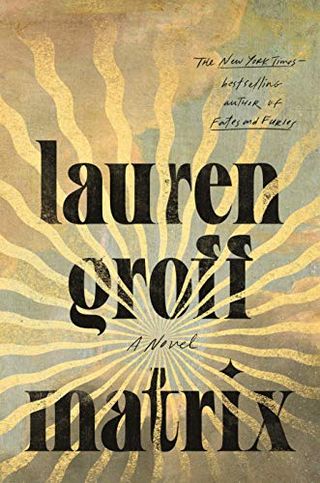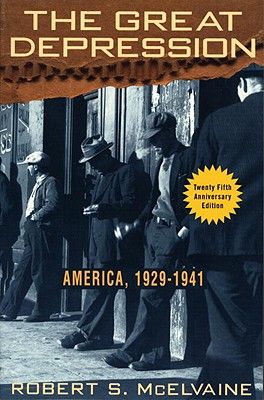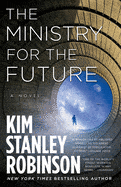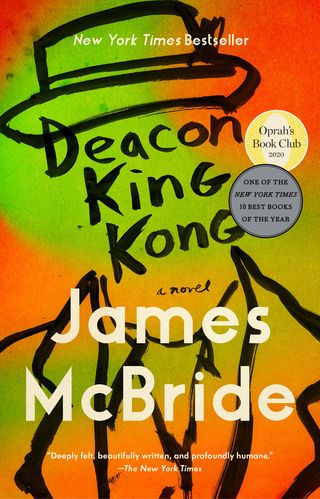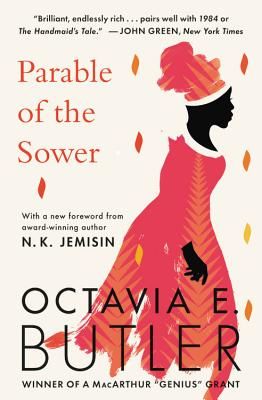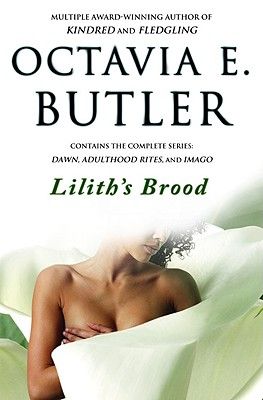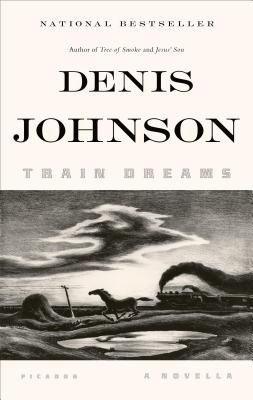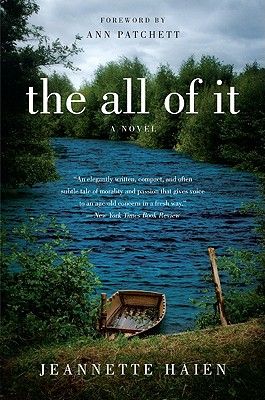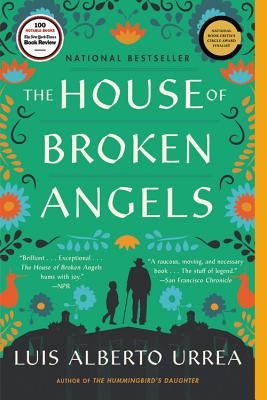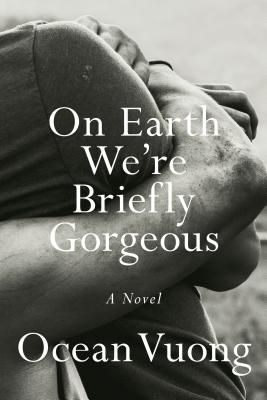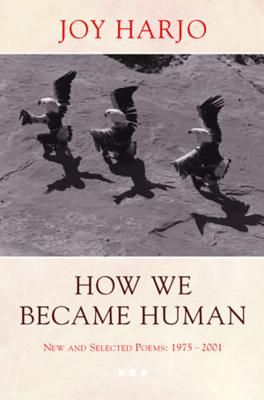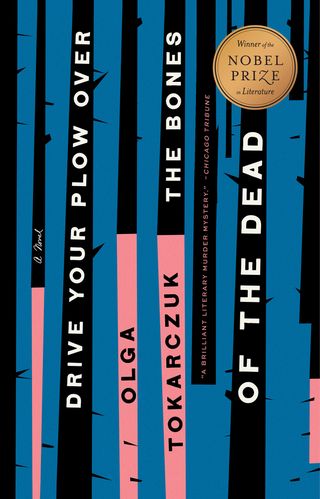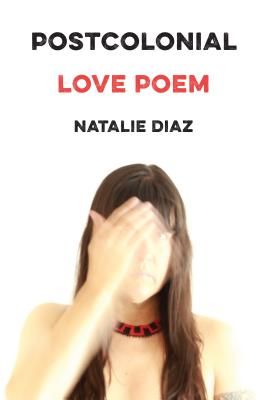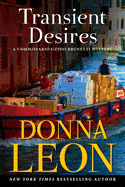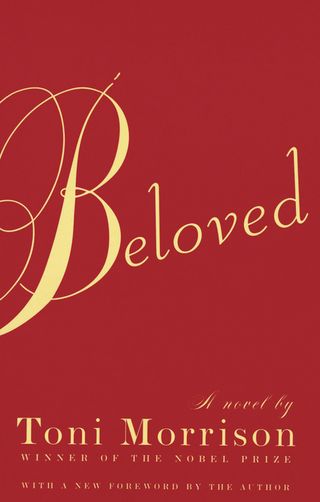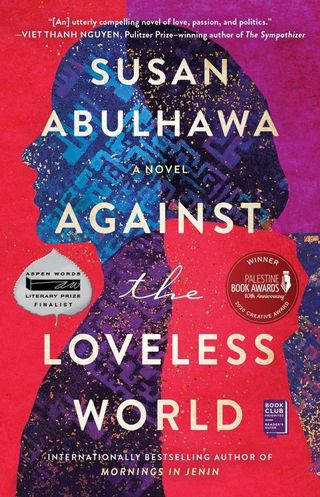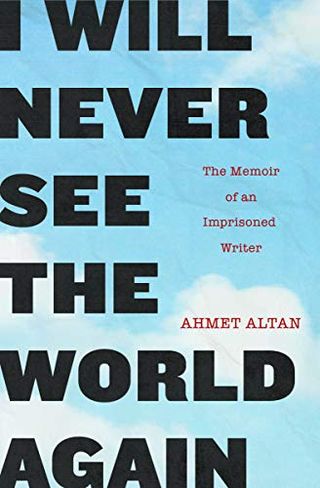Products You May Like
Welcome to Shelf Life, ELLE.com’s books column, in which authors share their most memorable reads. Whether you’re on the hunt for a book to console you, move you profoundly, or make you laugh, consider a recommendation from the writers in our series, who, like you (since you’re here), love books. Perhaps one of their favorite titles will become one of yours, too.
Louise Erdrich writes what she knows. Her 18th novel, The Sentence (Harper), out today, is about a bookstore in Minneapolis haunted by a one-time customer; Erdrich owns Birchbark Books in Minneapolis, which features birch trees as part of the decor and a confessional-turned-forgiveness booth. Her last novel, the Pulitzer-Prize-winning The Night Watchman (2020), about a man fighting the federal government seeking to move tribes off of their land, was also rooted in the familiar: the life of her grandfather, who was the tribal chair at the Turtle Mountain Band of Chippewa.
The Minnesota-born, North Dakota-raised author added that prize to an already long list of accolades, including two National Book Critics Circle awards (Love Medicine, LaRose), a National Book Award (The Round House), the Library of Congress Award for American Fiction, among others. Her novel The Plague of Doves was a finalist for the Pulitzer; The Sentence was longlisted for the Andrew Carnegie Medal for Excellence in Fiction.
Erdrich, who has also written poetry collections, works of nonfiction, and children’s books, was among the first women to attend Dartmouth; went ditch skiing as a child; was a lifeguard and a poetry instructor in a prison, sold popcorn in her hometown theater, and waitressed the graveyard shift at a Country Kitchen; likes kung fu movies and a cottonwood tree hung with wind chimes at the Minneapolis Sculpture Garden (Pierre Huyghe’s “Wind Chime (After Dream),” has a pair of lucky silver feather earrings, and recommends titles for Birchbark’s blog.
Here, the book that kept her up way too late, currently sits on her nightstand, she brought on a momentous trip, surprised her, made her weep uncontrollably, should be on every college syllabus, she read in one sitting, she’d like turned into a Netflix show, has the best title, makes her feel seen, proved her wrong about something, she considers literary comfort food, and has the best opening line and the greatest ending.
A Paradise, by Hanya Yanagihara, kept me up later and later every night until at last I reached the final third of the book, which was narrated by one of the most poignant and engaging characters I’ve ever read, Charlie, who describes life in New York City 2093. I finished at 4 a.m.
I am sorry, but A Paradise will not appear in bookstores until January 2022. Remain vigilant.
My night stand contains only a glass of water and a lamp. My books take up the rest of the room. Now I am reading Matrix, by Lauren Groff, and holy mother of the risen god of female power is it ever my sort of book. You think you know about nuns? Not these nuns. Matrix is a feast of feminine strength, joy, and language. Capercaillies. Medlar fruit. Villeiness. Dwale. Read with a clothbound dictionary at your side.
I brought The Great Depression, by Robert S. McElvaine along on a honeymoon trip.
Every book proves me wrong about something, but the book that surprised and challenged me the most lately was The Ministry For The Future, by Kim Stanley Robinson. An optimistic book about climate change, The Ministry For The Future is also about humanity using every possible measure to survive in a heating world. It is a primer on possibility. And talk about suspense.
I don’t cry much so I can’t remember the last book that made me weep uncontrollably, but Deacon King Kong, by James McBride, made me laugh until I cried on what turned out to be the last plane ride I have taken — in March 2020.
Every college student should read the works of Octavia Butler, in particular Parable of the Sower, prescient and so relevant today, and also the Xenogenesis Trilogy, in which the reader comes to appreciate mind blowing brain sex with giant nonbinary squidlike men.
I read Train Dreams, by Denis Johnson, in one go. It was one of the strangest and most compelling books I’ve ever read. So was The All Of It, by Jeannette Haien, which left me staring hard into a fire, trying to get a grip.
The House of Broken Angels, by Luis Alberto Urrea made me cry/laugh and kept me sane during lockdown. Although nothing will ever match the experience of reading the book, it would be a terrific Netflix show.
On Earth We’re Briefly Gorgeous, by Ocean Vuong, has a beautiful and compelling title. It is also a beautiful and compelling book.
What book makes me feel seen? How We Became Human, by Joy Harjo.
I was proved wrong by Drive Your Plow Over The Bones Of The Dead, by Olga Tocarkzuk. I thought that deer couldn’t band together and murder a hunter by pushing him down a deep well. But I was incorrect.
Wait, maybe Postcolonial Love Poem, by Natalie Diaz, made me weep uncontrollably . . .
I don’t know if I like this question about literary comfort food – the two must be separated. I like to eat frozen bobo pops made with burnt brown sugar while reading a literary book, like any mystery at all by Donna Leon.
“124 was spiteful. Full of a baby’s venom” From Beloved, by Toni Morrison.
I can’t find a first line better than that. But how about this last line, “I may never find a place in this world, but for now, in this moment, I feel the purest, most perfect joy.” From Against The Loveless World, by Susan Abulhawa.
Or the last line from I Will Never See The World Again, by Ahmet Altan. “You can imprison me but you cannot keep me here. Because, like all writers, I have magic. I can pass through your walls with ease.”
This content is created and maintained by a third party, and imported onto this page to help users provide their email addresses. You may be able to find more information about this and similar content at piano.io
